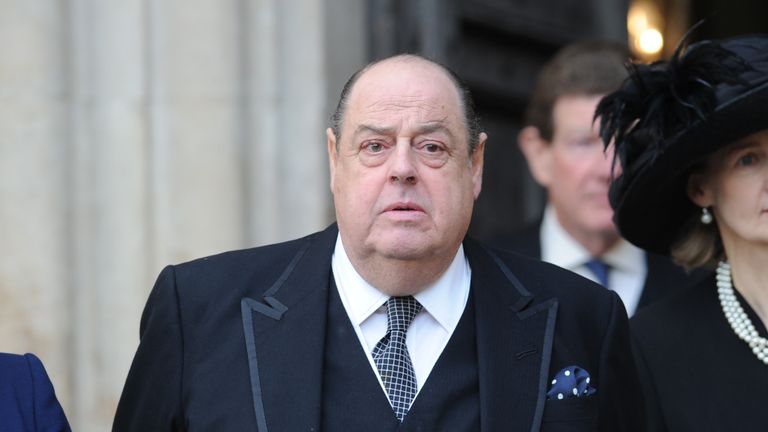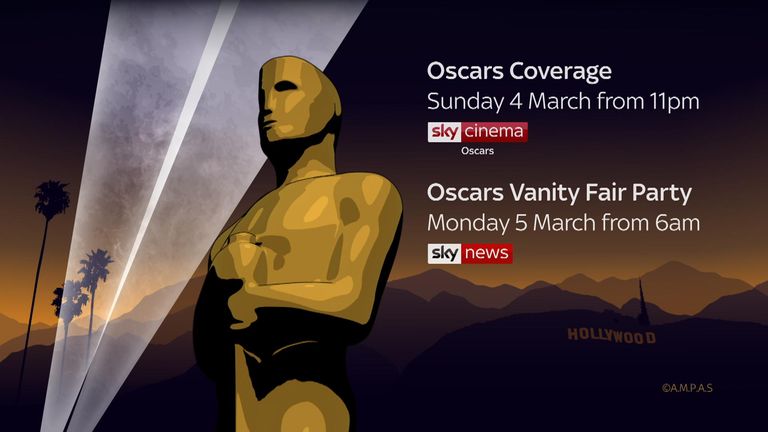Fake films? Oscar contenders criticised over retelling of historical events
In an era of hyper-sensitivity to fakery, some Oscar contenders are facing criticism over their depiction of real-life events.
Saturday 3 March 2018 10:57, UK
In Hollywood's land of make-believe, there is suddenly major concern about telling the truth.
A number of this year's big Oscar contenders are facing criticism for not sticking closely enough to the facts in their retelling of real-life events.
The makers of Winston Churchill epic Darkest Hour have been accused of inventing a scene in which the wartime leader travels on the Underground.
:: Gary Oldman's Churchill transformation in Darkest Hour 'uncanny', say co-stars
And the producers of The Post face similar criticism for suggesting that the Washington Post broke the story of the Pentagon Papers and not the New York Times.
A number of other Best Picture nominees - Three Billboard Outside Ebbing, Missouri, Call Me By Your Name and The Shape Of Water - have fallen to victim backlashes or scandal over race, sexuality and even plagiarism.
But - in the era of hyper-sensitivity to fakery on our screens - the debate about how closely Hollywood should adhere to the facts in historic dramas or biopics has surfaced this year.
Christopher Nolan, who directed Dunkirk, the other World War Two movie up for best picture, told Sky News: "You can't help but feel the responsibility to tell this story with respect to history."
He said that is why he chose to use fictional characters in the middle of a very real story.
"I started to feel that, knowing as I do the artifice that has to be applied to characters at the centre of a story like this, to make the story clear, to give the audience the right information, I felt more comfortable using fictional characters to illustrate this."
The scene in Darkest Hour in which Churchill, played by best actor nominee Gary Oldman, talks to passengers on a District Line train almost certainly did not happen in real life.
But Churchill's grandson Sir Nicholas Soames believes it is a small price to pay for the quality of the movie.
He said: "A film is a film and I think it is a brilliant piece of cinema and I think it is excusable under the circumstance frankly."
:: Sky Quiz: Which Oscar contender should you watch?
Much of this debate could be part of the elaborate Oscar-season industry game of the talking-up and talking-down of movies to increase their chances of appealing to Academy voters.
In the current climate they may be more inclined to cast their ballot for a movie that represents wholesome values and be untarnished by scandal.
We will know the answers in the early hours of Monday.
:: Watch Sky News special coverage of the Oscars starting from 11pm on Sunday









